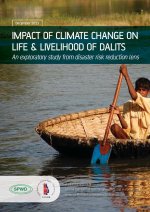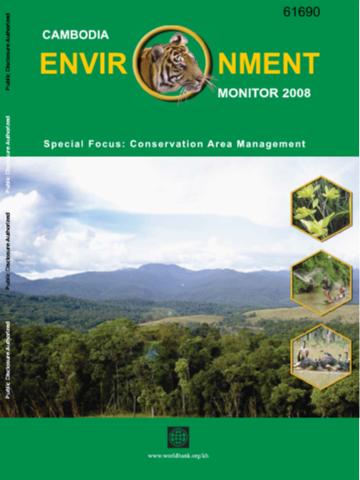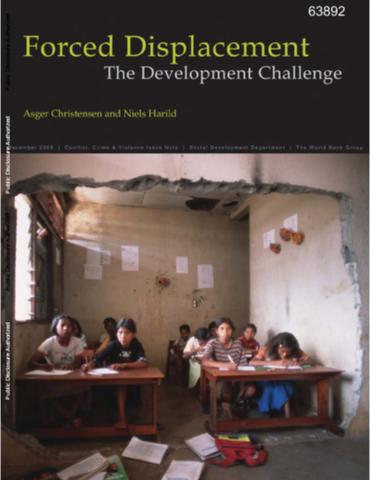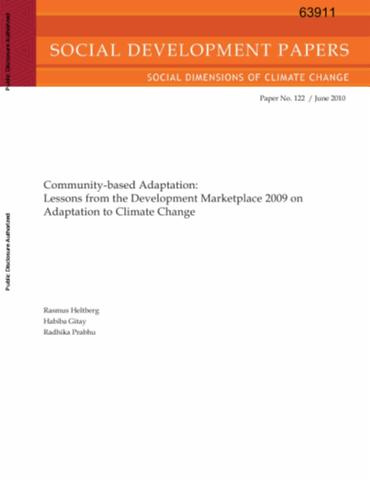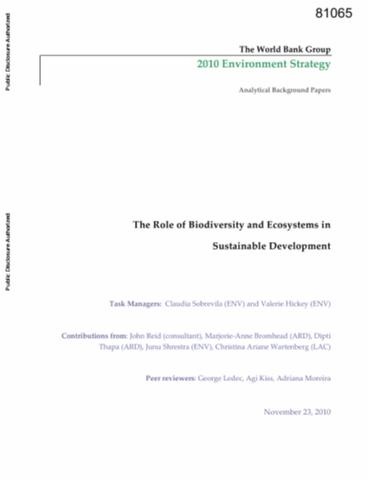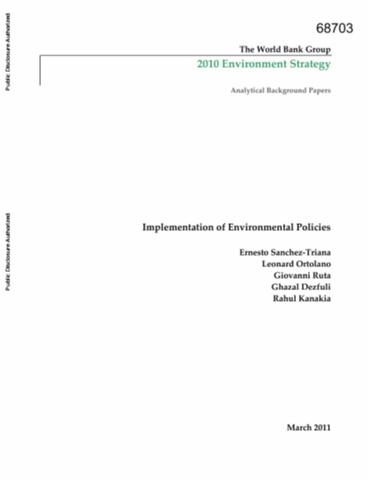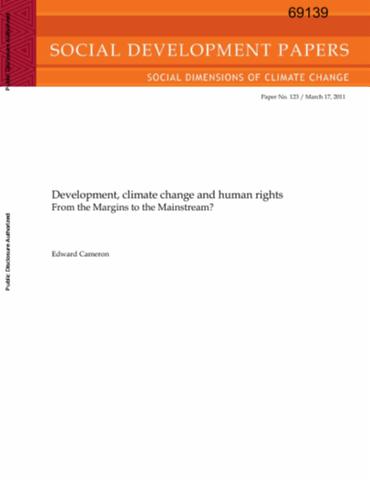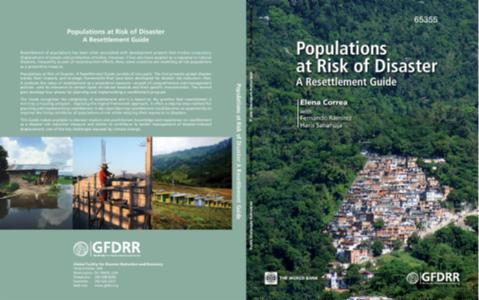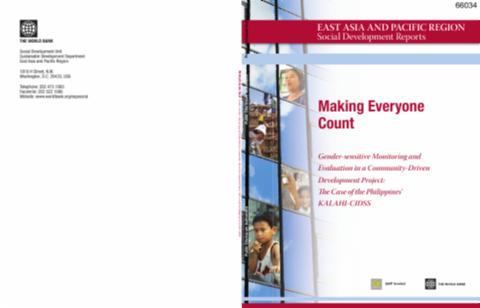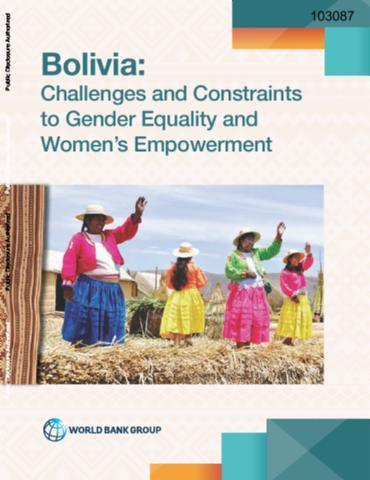Impact of Climate Change on Life & Livelihoods of Dalits
Dalit stakes in environment are high due to their dependence on natural resources for livelihoods. Though climatic uncertainties have implications on many sectors, rural livelihoods are most affected by changes in climatic patterns. Dalits, who are highly dependent on earnings from agricultural labour and, livestock rearing dependent on forests and other common lands have fewer resources and options to combat the damages to the resourcebase because of climate change.

